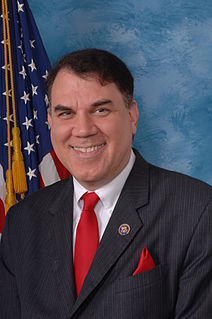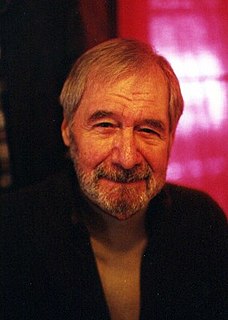A Quote by Fareed Zakaria
If there is one lesson for U.S. foreign policy from the past 10 years, it is surely that military intervention can seem simple but is in fact a complex affair with the potential for unintended consequences.
Related Quotes
If I were Donald Trump, I would definitely not pick Mitt Romney because it's very easy for Mitt Romney to have have a separate foreign policy operatus in the State Department that would run a dissenting foreign policy from the White House foreign policy. There, I think the populist America-first foreign policy of Donald Trump does run against a potential rival.
The flow of action continually produces consequences which are unintended by actors, and these unintended consequences also may form unacknowledged conditions of actions in a feedback fashion. Human history is created by intentional activities but is not an intended project; it persistently eludes efforts to bring it under conscious direction.
In Turkey also, for a long time, the military was the decisive force but in the past 10 years they have backed off somewhat and the civilian government has gained more independence and autonomy even to shake up the military command. In fact, it even arrested several high-ranking officers [for interfering in governmental affairs]. Maybe Pakistan can move in a similar direction.































